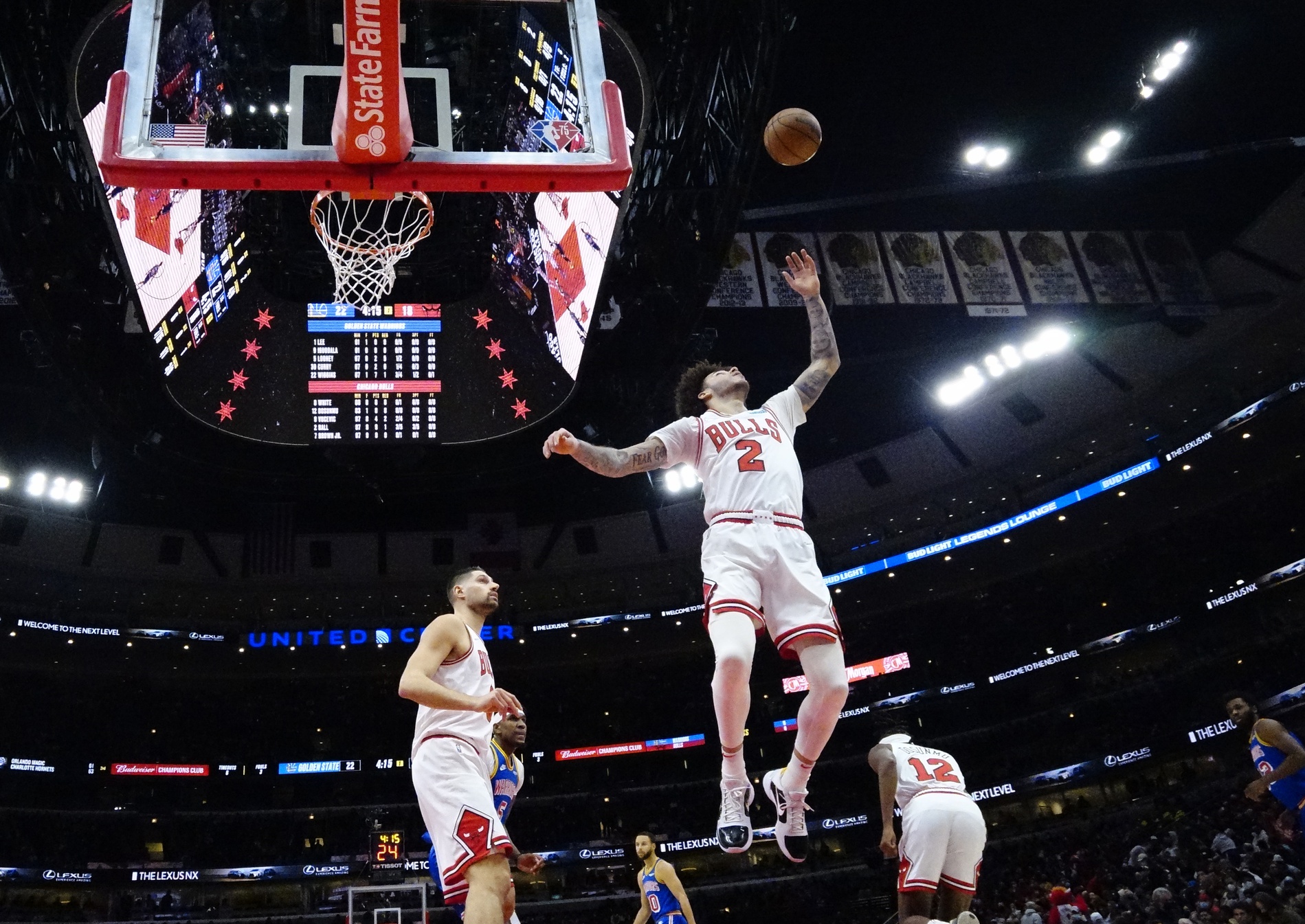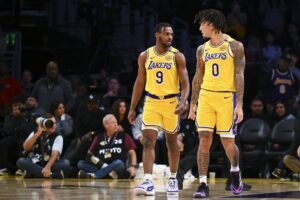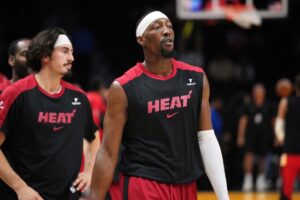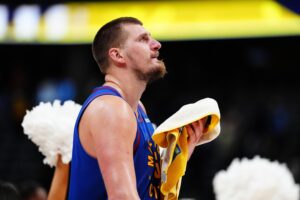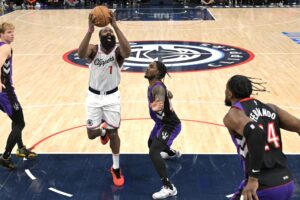Nikola Vucevic has been in the NBA for 13 years. A two-time All-Star selection in his time with the Orlando Magic, the Swiss-Montenegrin center hasn’t quite been able to replicate that success with the Chicago Bulls. Traded to the storied franchise midway through the 2020-21 season, he’s averaged 18.1 points, 10.9 rebounds, and 3.3 assists per game in the time since.
Those numbers certainly standout in a vacuum. However, they pale in comparison to his All-Star seasons, the big man posting 22.0 points, 11.9 rebounds, and 3.8 assists per game. More importantly, Vucevic was able to put the Magic in playoff contention. Indeed, Vucevic has been in more postseason battles with Orlando (10) than Chicago (5).
Bulls’ Nikola Vucevic Considers Reason For Franchise Demise
With the Bulls trading DeMar DeRozan and Alex Caruso this offseason, Chicago is unlikely to clinch a playoff berth for yet another season. The jury is still out on whether the Bulls are better off without Zach LaVine, who they failed to trade. Yet, the veteran insists that Lonzo Ball’s lengthy absence has been the primary factor for their frustrating finishes.
“Since Lonzo Ball’s injury, we haven’t been able to achieve the results we could have. It disrupted us a lot,” Vucevic tells Milun Nesovic of Meridian Sports (h/t BasketNews).
“When he played, we were at the top of the East for a while, which maybe wasn’t a realistic result, even though we were playing well, but with him, we would have fought for anything between third and sixth place in the end.
The rest of us focus more on scoring: LaVine, DeRozan, and me. He brought us all together, sped up the game, meant a lot on defense, guarding the best players with Caruso… Although his numbers might not have been impressive, he meant a lot to us.”
Vucevic isn’t breaking news by saying that Ball was key to the Bulls’ success. Though a different breed of point guard reigns supreme these days, traditional floor generals have plenty of value. For example, Minnesota Timberwolves point guard Mike Conley is a key player for a championship contender.
Ball is built in the same mold. He’s not too focused on scoring, though he became a very reliable 3-point threat. Instead, he focuses on using his pace, court vision, and passing ability to create scoring opportunities for his teammates. At the other end, Ball’s just as effective, suffocating ball-handlers and jumping passing lanes.
Averaging 13.0 points, 5.1 assists, and 1.8 steals per game while shooting 42.3 percent from 3 —as Ball has with the Bulls —may not be overly impressive. That is to say, those numbers probably wouldn’t put him in All-Star contention. Nonetheless, as Vucevic points out, his impact goes beyond the box score.
In a vacuum, Ball is an x-factor. In Chicago, he was the glue. With him as the lead playmaker, the ball didn’t stick in the stars’ hands too much. As a high-level defender at the point of attack, he helped mask their shortcomings.
The Latest On Lonzo Ball
Ball appears ready to return to the court, and is back to playing 5-on-5 in informal settings. Still, expectations should be tempered. Though just 26 years old, he hasn’t played in more than two seasons. As a result, his mobility and durability are in question.
Unfortunately for the Bulls, his apparent replacement —2021 No. 6 pick Josh Giddey —is neither the shooter nor defender he was (and may still be). However, this could be the opening that Ball needs to reassert himself in Chicago’s rotation.


